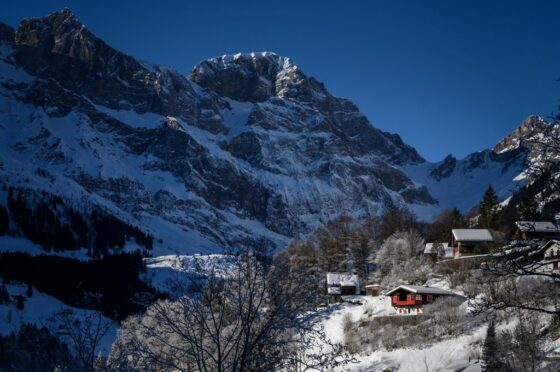
According to a new Swiss study, the peaks of the Alps are getting greener and there is less and less snow. A phenomenon directly related to the rise in temperature and which would have more harmful than beneficial effects.
Overlooking the white peaks of the mountains in the middle of summer: that’s the charm of what is popularly called “eternal snow”† But these snowpacks wouldn’t last so forever. In particular, because of the “huge” increase in plant biomass in these areas, points to this research co-led by teams from the universities of Basel and Lausanne and published in the journal Science.
“Mountains are hotspots of biodiversity and ecosystem services, but they warm up about twice as fast as the global average. Climate change can reduce snow cover in the Alps and increase vegetation productivity, such as in the Arctic. Here we show that 77% of the European Alps above the treeline have been greened over the past four decades.”
An observation that came about thanks to the careful observation of satellite images taken on the peaks of the European Alps, the first time in 1984 and then a second in 2021. According to the study, the reduction in snow cover, over a period of thirty and eight years would amount to almost 10% in the examined region.
If greening is generally interpreted as a good sign, as it underlies more vegetation and additional carbon sinks, it is not the case for mountain peaks. The risks are many, the study underlines: thawing of the permafrost, reduction of the albedo effect, reduced water availability, loss of habitat. “Feedbacks between snow and vegetation are likely to lead to even more pronounced changes in the future”warn the study authors.
(ETX Daily Up)